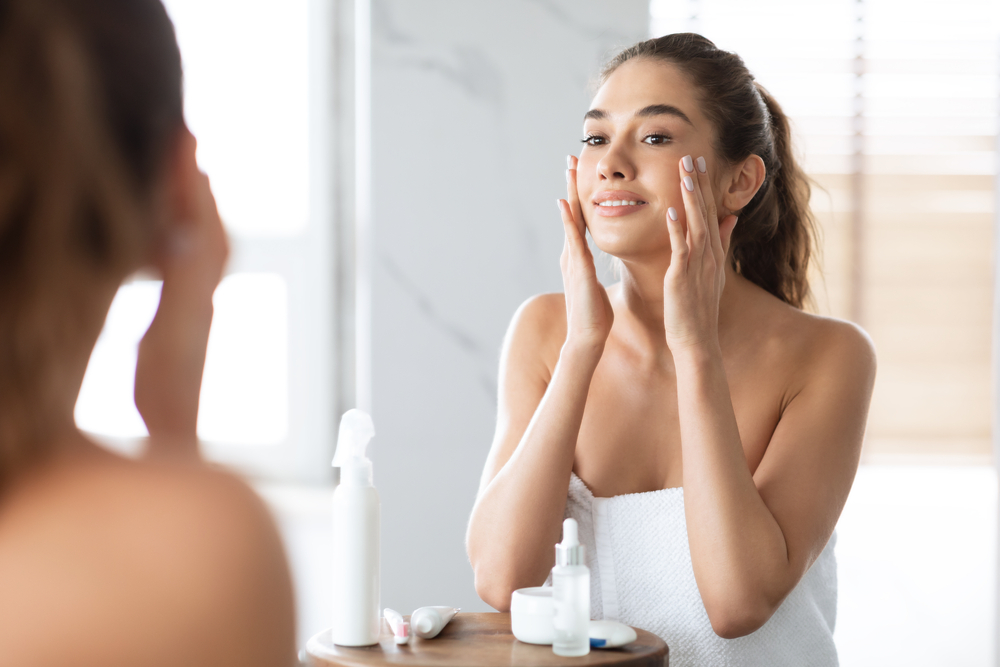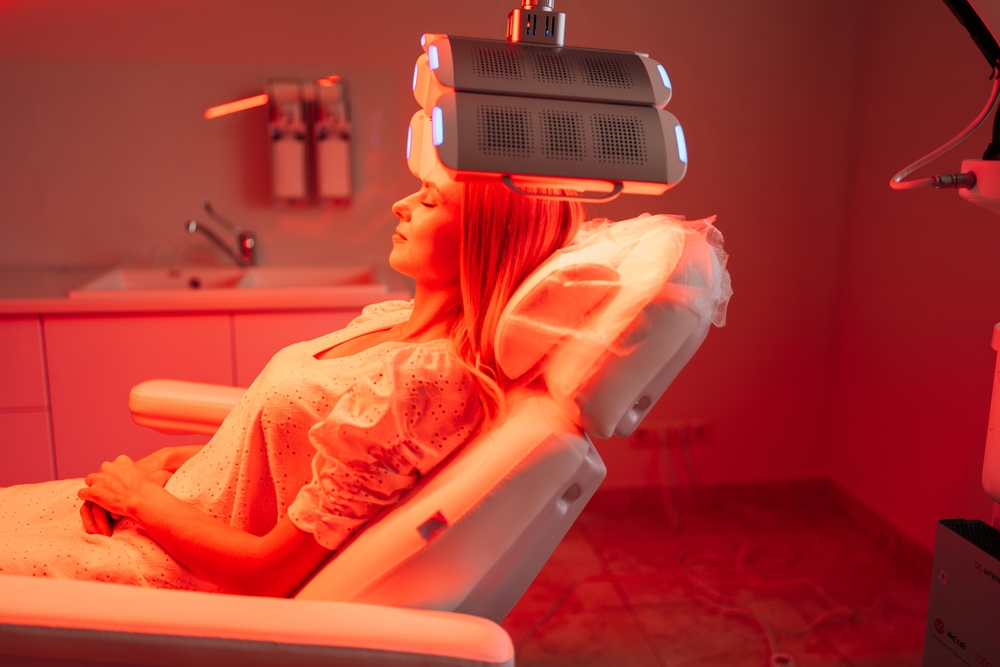Winter can be a challenging time for those living with eczema and psoriasis, as the cold, dry air can exacerbate symptoms. We asked Dr. Navin Arora, a board-certified dermatologist, for his advice on managing these conditions during the colder months.
Q: Why do eczema and psoriasis flare up in winter?
A: Cold weather tends to strip the skin of its natural moisture. Indoor heating can further dry out the skin, leading to more irritation and flare-ups. For eczema, this often results in intense itching, while psoriasis may cause thicker, more scaly patches to appear.
Q: What are some effective ways to manage eczema and psoriasis in winter?
A:First and foremost, hydration is key. Use a thick, fragrance-free moisturizer regularly to lock in moisture. I recommend applying it immediately after showering to seal in the water. For psoriasis, topical treatments like corticosteroids or vitamin D analogs can help reduce inflammation and scale buildup.
Q: Are there any lifestyle changes that can help?
A: Yes, avoiding long, hot showers is important as they can dry out the skin. Instead, opt for lukewarm water and limit shower time. A humidifier in your home can also help keep the air from becoming too dry. Wearing soft, breathable fabrics like cotton can minimize irritation as well.
Q: When should I see a dermatologist for eczema or psoriasis?
A: If your symptoms are not improving with over-the-counter treatments or if the flare-up is severe, it’s best to consult with a dermatologist. We can prescribe stronger topical treatments or discuss other options, like phototherapy, to help manage your condition more effectively.
Ready to take control of your skin this winter?
Call 516-246-8800 to schedule an appointment with Dr. Arora and his team to get personalized advice for managing your eczema or psoriasis during the colder months.






